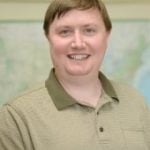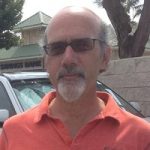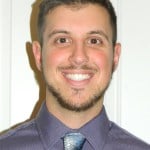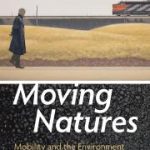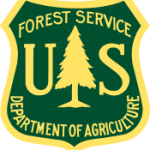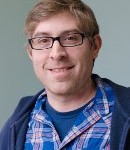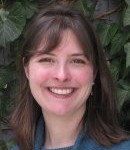
Sarah Fayen Scarlett, is the principal investigator on a project that has received a $5,000 grant from the Keweenaw National Historical Park Advisory Commission. The 18-month public service project is entitled “Citizen Historical Kiosks.”
From Tech Today.
